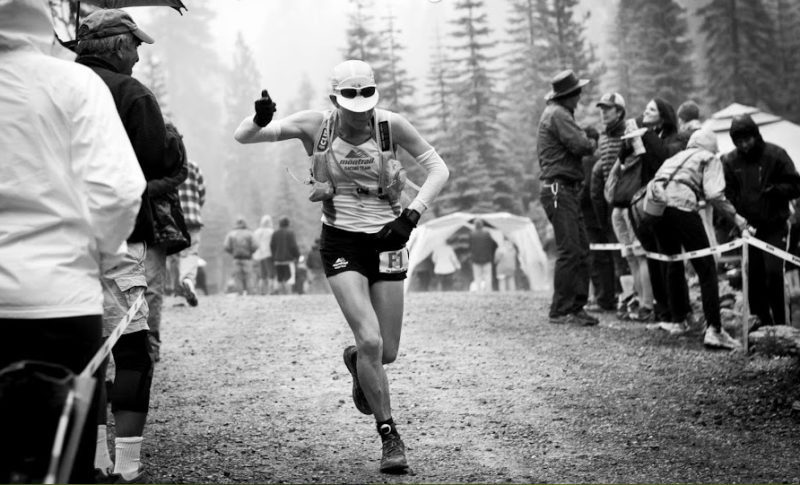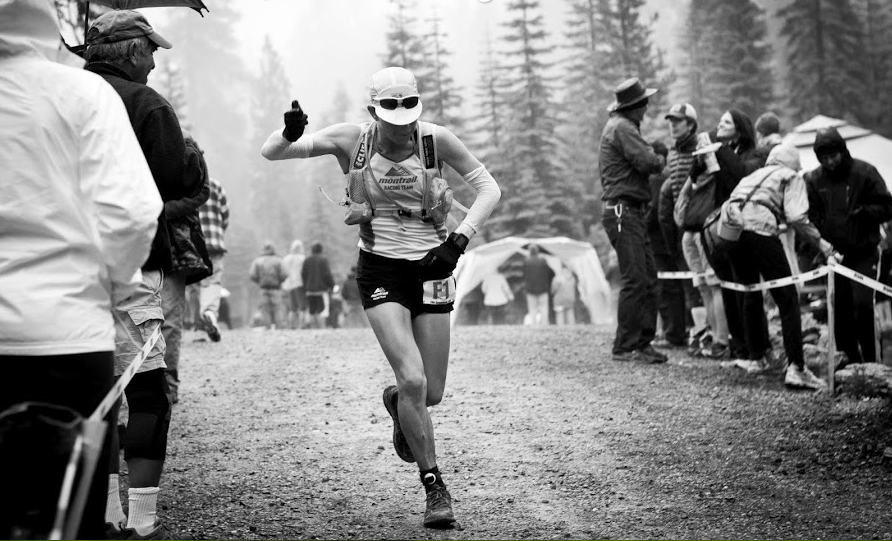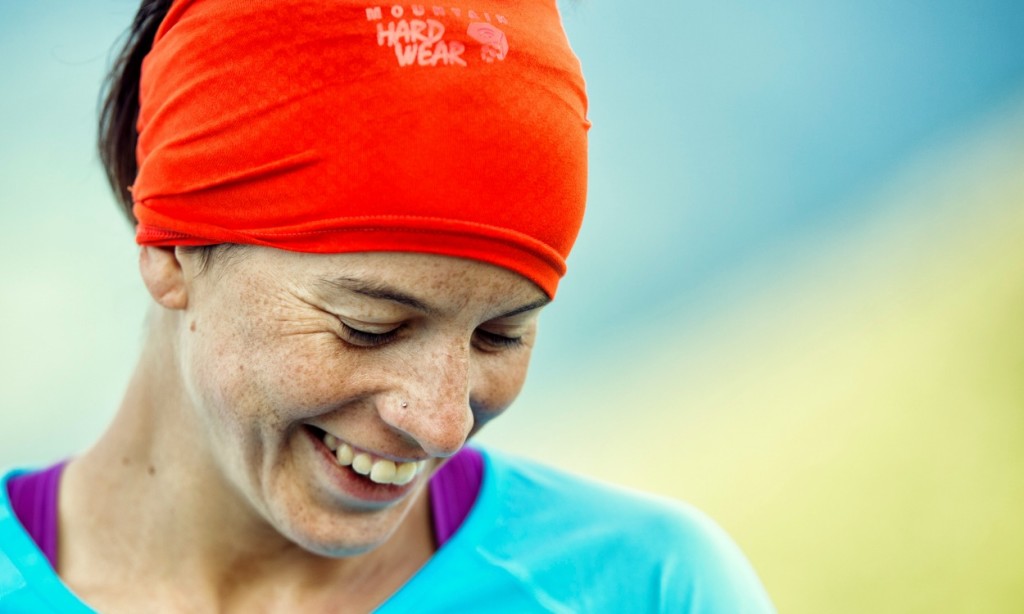Q and A: Ellie Greenwood


Ellie Greenwood is the 2014 world 100K champion. The Vancouver-based Briton’s first win came as a relative newcomer to ultrarunning in 2010. She dropped out of the race in 2011 and this year returned to the championship to claim her second title. The race was in Doha, Qatar, where the temperature, even in November, was hot enough that the race had to be held overnight.
We caught up with Greenwood to ask about the heat, her longevity as a ultramarathoner and her approach to races.
Did you have any race plan going in?
Yes. My plan was to start a little cautiously and see in the first 10K or so if the heat would be a factor. If it did seem to be hot or humid then I would run more conservatively but if not then I would run at a pace that I felt I could based on training. I also was prepared not to go out in the lead and in fact sit back for a little while until I felt I knew how I was feeling on the day and hopefully be able to make a move later on.
You’ve run a lot of tough ultramarathons. Does your approach change depending on the event or is it always similar?
My general approach is always the same in that I will stick to my own race and not get drawn into racing my competitors early on in a race. I also know that I tend to start out slowly and pick the pace up early on and this works well, regardless of the race.
Were you worried about the climate in Doha?
There was no point in worrying about the heat. All the countries who had good runners were also from cold climates so we were all going to be affected the same come race day. The race started at 6pm and I got to Doha three days pre-race so had a chance to get a feel for the temperature and realise that heat and humidity was unlikely to be a major issue.
Did you train for the heat at all? How?
Yes, I spent 10 days using the sauna daily where I would just sit or do light stretching. I built up to about 1:15 per session. I also did a couple of treadmill runs at the gym of about an hour each wearing tights, toque, hoodie, fleece, gloves, etcetera. When I ran outside, I didn’t layer up massively but I did tend to wear more than was necessary in the weeks leading up to the race. Once in Doha, I spent some time each day outside and kept our hotel room moderately warm rather than super air-conditioned.
You also won world championships in 2010. How did that race prepare you for big races that followed?
In 2010, when I won the world 100K, I had a tough race with lots of ups and downs so I learned that it is important to just knuckle down and ride the lows in an ultra. It is possible to work through tough spots on the go in an ultra and still come out with a solid result.
Is the second win different?
The second win is entirely different. I have gained so much more ultrarunning experience since my first win in 2010 that I no longer find 100K an intimidating experience. I am now more accustomed to traveling to races and being up at the front in competitive fields. That is not to say that I appreciate my second win less, just that I had the confidence of experience.
You also dropped out in 2011 at 90K. What was that like?
Wow, that was a sufferfest of a race! I ran a solid 50K and then soon things started to fall apart. By 55K I was vomiting and then I jogged and walked but could not keep any fluids or fuel down for long, so by the time I dropped at 90K I had literally no energy in my system. I have used that race as a learning experience and definitely now appreciate that ultras are not just about running well but also about taking care of yourself so you can run.
You’ve been one of the top ultrarunners for about five years. What have been some of the ways you stay healthy and fit to keep running with the best?
In 2013, I got a stress fracture and that was a big wake up call to take care of myself and that running volume is not always the be-all and end-all to good results. Yes, I still like to run quite high mileage but I am now prepared to back off and run less miles but higher quality miles if my body feels like it is beginning to break down a little. I am also much more prepared to seek ongoing treatment from my physio and massage therapist to work out any little kinks before they become real injuries. I also try to sleep well and eat a balanced vegetarian diet which definitely help the recovery process when I’m training hard.



